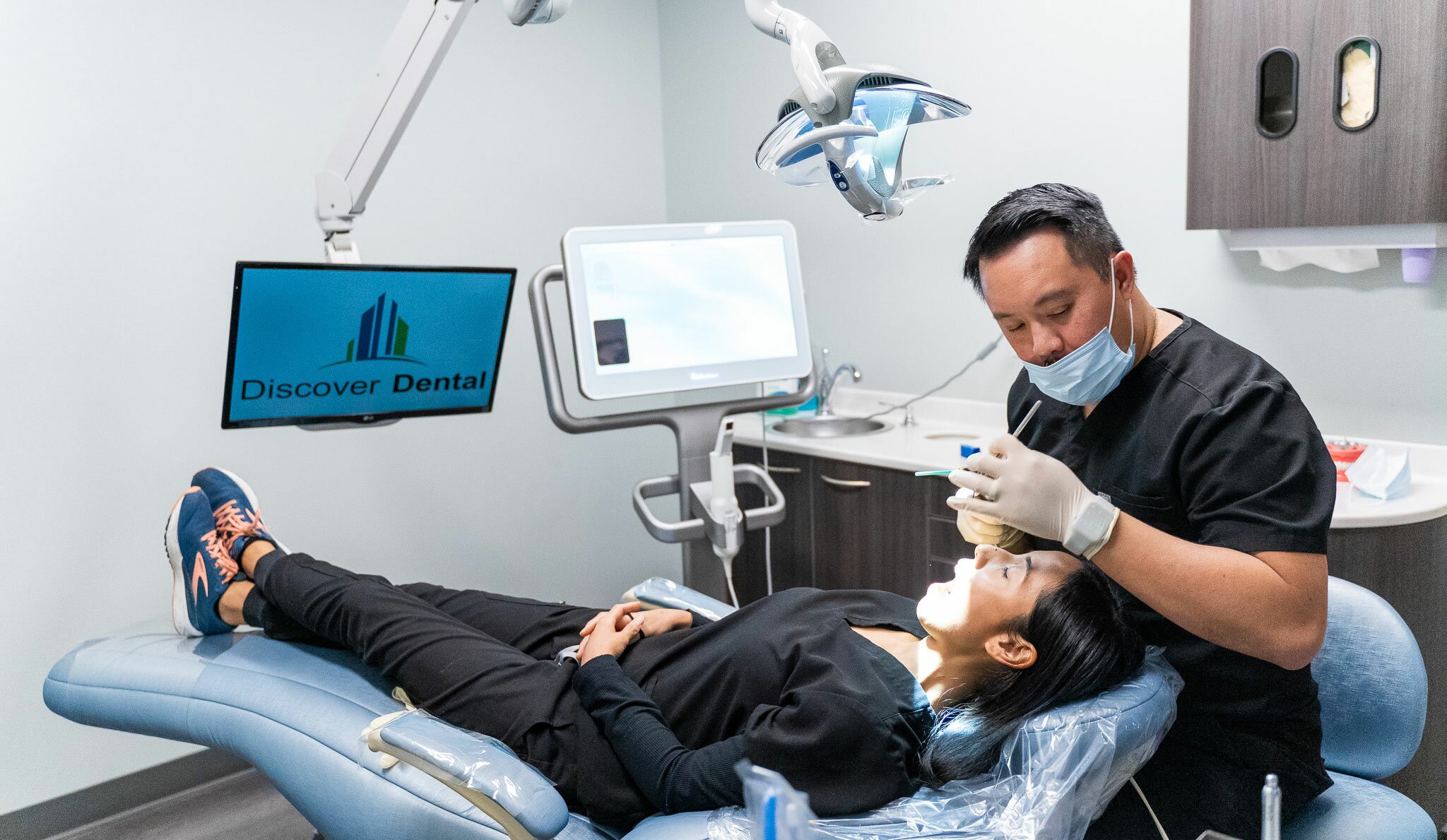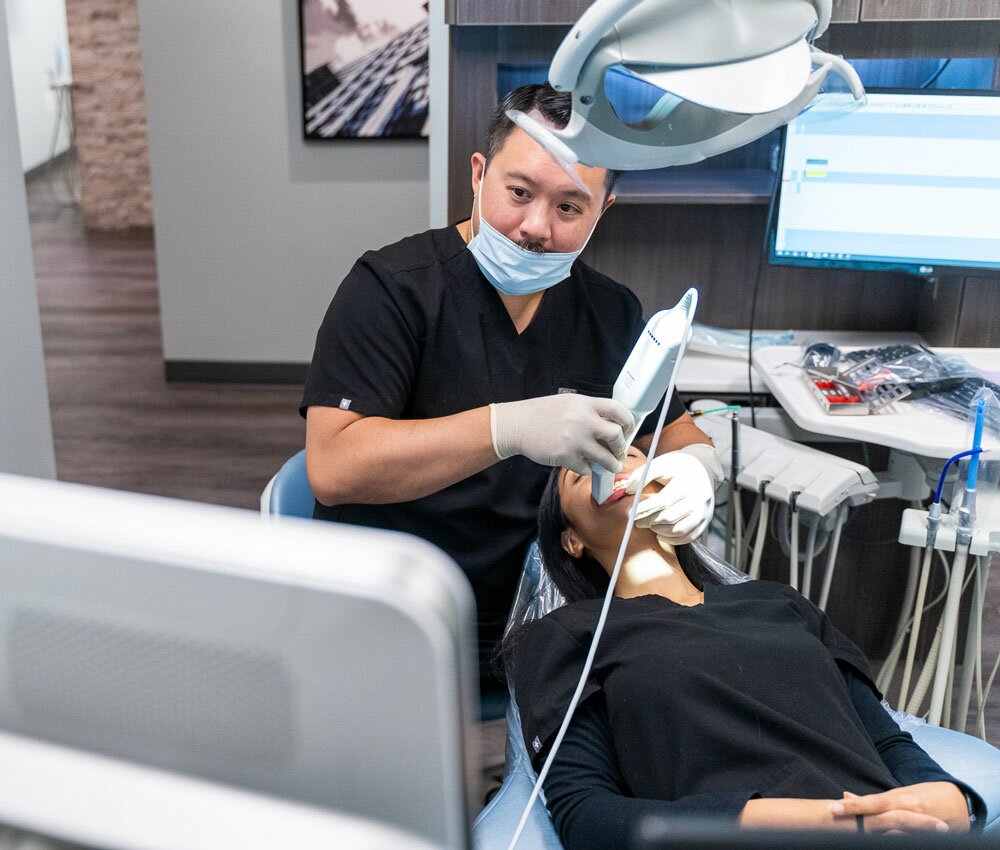Have you ever gone through a constant toothache that just won't go away? It could be a sign of something more serious called a dental fistula. Dental fistulas are microscopic passages that grow between affected teeth and nearby tissues, allowing infection to drain. This article will shed light on the dental fistula definition, in what ways they evolve, and why it becomes necessary to look out for a proper treatment to avoid further damage. If you want the treatment, visit the top dentist in houston.
What Is A Dental Fistula?
A dental fistula is a small bridge that links an infected tooth to the exterior of the mouth. It functions as a drainage path for the infection, alleviating pressure and preventing the illness from spreading further. A little lump or pimple-like enlargement around the impacted tooth may indicate the presence of a fistula. The presence of an infection is indicated by the flow of foul-smelling fluid or pus from the bump.

When Aoes A Dental Fistula Occur?
Dental fistulas typically develop when a tooth gets badly infected as a result of damage to teeth, some kind of disease in the gum, or if some sort of dental bump does not get treatment on time. When bacteria go into the inner layers of the tooth, they have the capacity to create an infection, which can lead to the creation of an abscess. If the abscess is not treated swiftly, it might spread to the surrounding tissues and cause the formation of a fistula.
How Does Dental Fistula Progress?
A fistula dental is an indication that there is an underlying dental disease that has to be addressed. Ignoring a dental fistula might lead to major complications. If treatment is not provided on time, the infection can spread and harm surrounding teeth, gums, and even the jawbone. It can cause persistent discomfort, swelling, and difficulties eating or speaking.
Taking Help Assistance Of Dental Professional
When coping with a dental fistula, it is critical to seek competent dental care. A dentist at an emergency dental service near me will do a comprehensive examination to establish the source of the infection and devise a treatment strategy. Typically, therapy consists of resolving the underlying dental disease, such as conducting a root canal or removing the affected tooth. Antibiotics may also be administered to treat the infection and avoid consequences.

Surgical Intervention
A dental fistula may require a modest surgical operation in some circumstances to encourage appropriate drainage and allow the infection to cure. The dentist will clean the damaged region thoroughly and ensure that the fistula is entirely removed. This operation is often conducted under local anesthetic, so you will not experience any discomfort throughout the process.
To Wrap It Up
Dental fistulas may appear to be a little annoyance, but they might be an indication of a more serious tooth condition. It's critical not to overlook chronic pain in the tooth accompanied by a lump or swelling near the impacted tooth. It is critical to get expert dental treatment in order to detect and treat the underlying infection from dentists near me.





